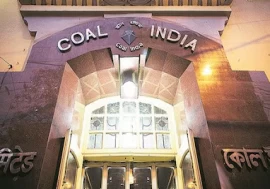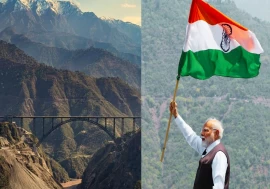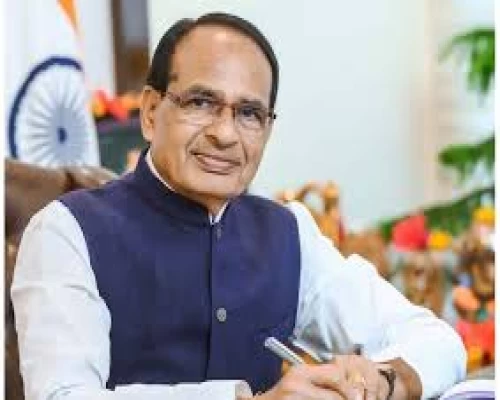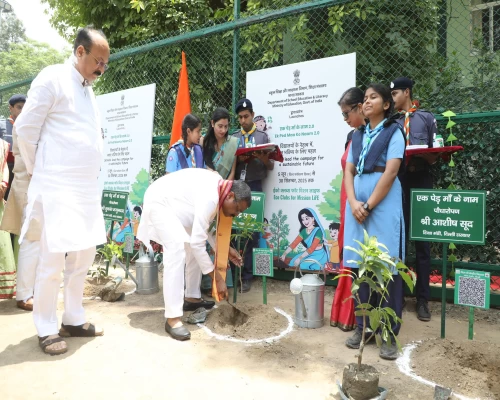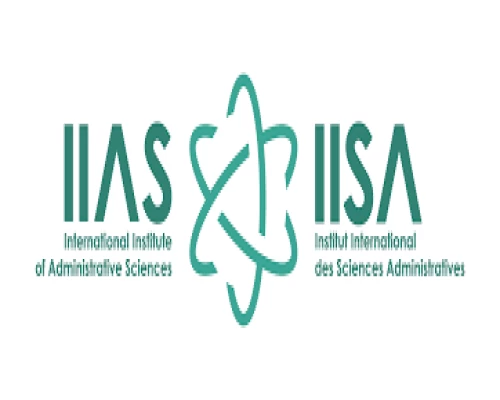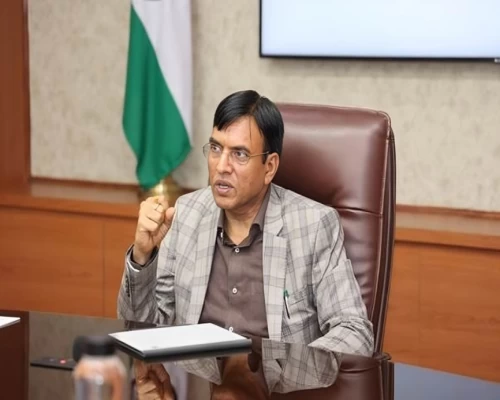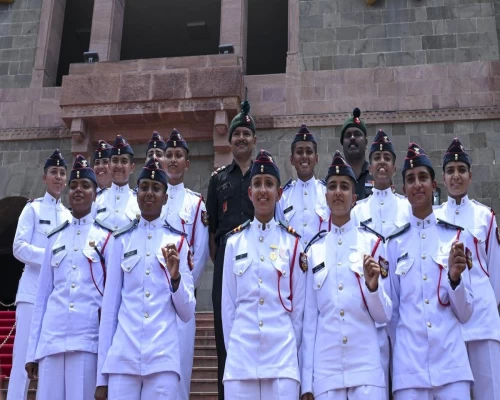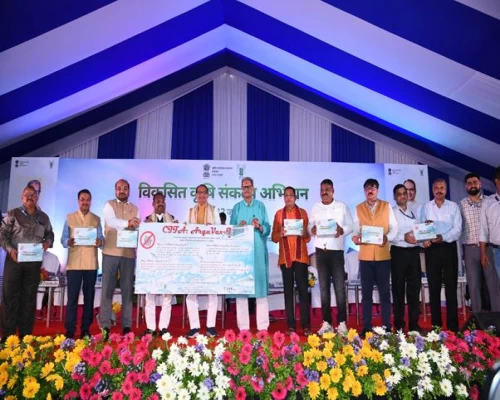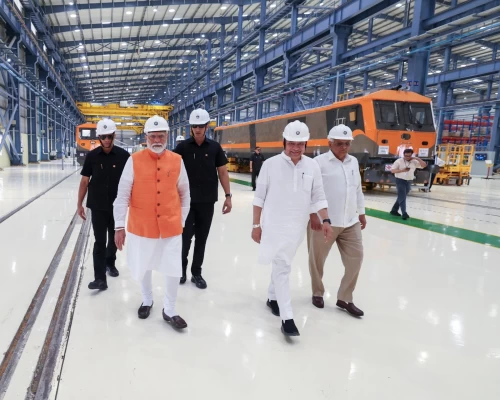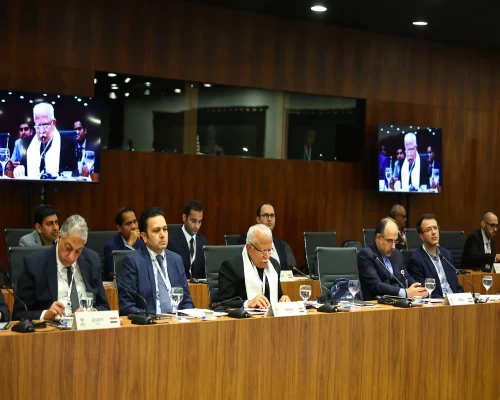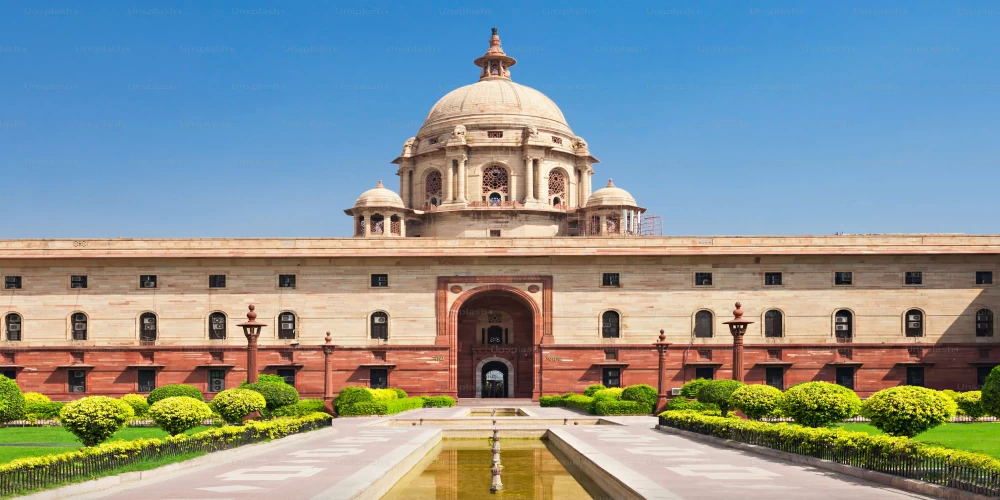
New Delhi: The Union government is set to table two landmark Bills in the Lok Sabha on Monday December 16, 2024, aimed at enabling simultaneous elections to the Lok Sabha and all state and Union Territory assemblies. As per the agenda for the day, Union Minister for Law and Justice Arjun Ram Meghwal will introduce the Constitution (One Hundred and Twenty-Ninth Amendment) Bill, 2024, and the Union Territories Laws (Amendment) Bill, 2024. These Bills, which form the foundation of the proposed ‘One Nation, One Election’ initiative, were approved by the Cabinet on Thursday and circulated to Members of Parliament on Friday evening.
The Constitution Amendment Bill proposes the introduction of a new Article 82(A) to provide for simultaneous elections and amendments to Articles 83, 172, and 327 of the Constitution to ensure the alignment of legislative terms. The Bill also provides for an “appointed date,” to be notified by the President, marking the beginning of simultaneous elections. This date, however, will only be declared after the first sitting of the Lok Sabha following a general election. Since the first sitting of the current Lok Sabha elected in 2024 has already taken place, the earliest this can happen is with the next general elections in 2029, paving the way for synchronized polls to commence by 2034.
Under the proposed framework, the terms of state legislative assemblies constituted after the appointed date will be co-terminous with the five-year tenure of the Lok Sabha. To achieve this synchronization, the term of certain state assemblies may need to be curtailed or extended. Additionally, in the event of the premature dissolution of the Lok Sabha or a state assembly, mid-term elections will be held only for the remainder of the unexpired five-year term. For instance, if the Lok Sabha is dissolved two years into its tenure, fresh elections would be held for the remaining three years.
The Bills are the outcome of recommendations made by a high-level committee chaired by former President Ram Nath Kovind. The committee, constituted by the Law Ministry in September 2023, was tasked with exploring the legislative and constitutional amendments necessary to facilitate simultaneous elections. Similar amendments have also been proposed for Union Territories, including Delhi, Jammu and Kashmir, and Puducherry, through the Union Territories Laws (Amendment) Bill.
The government has argued that the staggered nature of elections in India is both costly and time-consuming, highlighting the need for synchronization to reduce the financial burden and streamline governance. However, no specific details regarding the cost implications or the exact timeline for implementation have been provided. The draft Bills envision significant structural changes in India’s electoral process, and their passage will require broad political consensus and legislative approval in both Houses of Parliament.
If these Bills are enacted, the President, via a public notification, will implement the new framework, ensuring that elections to the Lok Sabha and all legislative assemblies are held simultaneously after the appointed date. The government has also introduced the concept of an “unexpired term,” where assemblies dissolved prematurely will be reconstituted for the remainder of the original term rather than a full five-year tenure.
The move to legislate ‘One Nation, One Election’ has already sparked widespread debate, with experts and opposition parties raising concerns about its implications for federalism and the logistics of simultaneous elections. Critics argue that curtailing or extending the terms of elected bodies to achieve synchronization may undermine democratic principles. However, supporters view it as a transformative step to reduce electoral expenditure and the administrative burden of conducting polls throughout the year.
As the winter session of Parliament unfolds, the debate over these Bills is expected to dominate proceedings. If passed, this legislation could mark a historic shift in India’s democratic and electoral landscape, bringing sweeping changes to the way elections are conducted in the country.
BI Bureau


